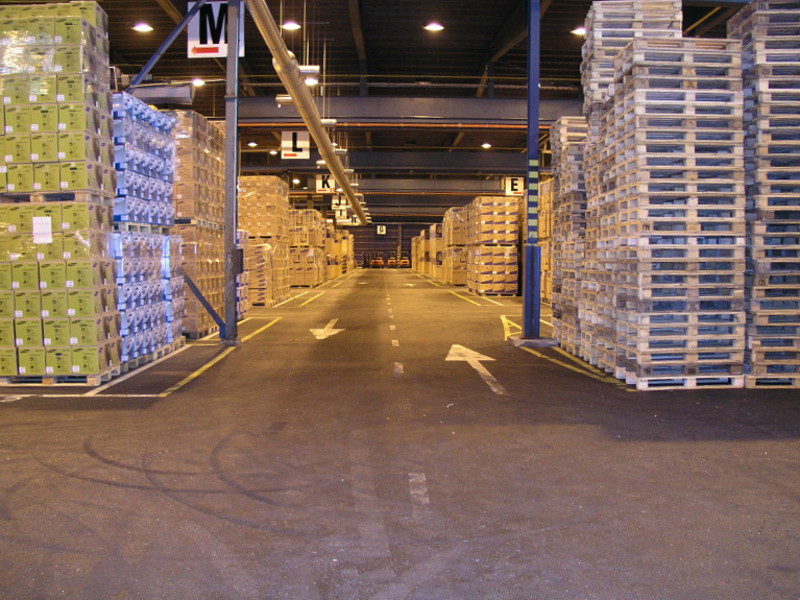Regenerative process on:
[Wikipedia]
[Google]
[Amazon]
 In applied probability, a regenerative process is a class of stochastic process with the property that certain portions of the process can be treated as being
In applied probability, a regenerative process is a class of stochastic process with the property that certain portions of the process can be treated as being
 In applied probability, a regenerative process is a class of stochastic process with the property that certain portions of the process can be treated as being
In applied probability, a regenerative process is a class of stochastic process with the property that certain portions of the process can be treated as being statistically independent
Independence is a fundamental notion in probability theory, as in statistics and the theory of stochastic processes. Two events are independent, statistically independent, or stochastically independent if, informally speaking, the occurrence of o ...
of each other. This property can be used in the derivation of theoretical properties of such processes.
History
Regenerative processes were first defined by Walter L. Smith inProceedings of the Royal Society A
''Proceedings of the Royal Society'' is the main research journal of the Royal Society. The journal began in 1831 and was split into two series in 1905:
* Series A: for papers in physical sciences and mathematics.
* Series B: for papers in life ...
in 1955.
Definition
A regenerative process is a stochastic process with time points at which, from a probabilistic point of view, the process restarts itself. These time point may themselves be determined by the evolution of the process. That is to say, the process is a regenerative process if there exist time points 0 ≤ ''T''0 < ''T''1 < ''T''2 < ... such that the post-''Tk'' process * has the same distribution as the post-''T''0 process * is independent of the pre-''Tk'' process for ''k'' ≥ 1. Intuitively this means a regenerative process can be split intoi.i.d.
In probability theory and statistics, a collection of random variables is independent and identically distributed if each random variable has the same probability distribution as the others and all are mutually independent. This property is us ...
cycles.
When ''T''0 = 0, ''X''(''t'') is called a nondelayed regenerative process. Else, the process is called a delayed regenerative process.
Examples
*Renewal process
Renewal theory is the branch of probability theory that generalizes the Poisson process for arbitrary holding times. Instead of exponentially distributed holding times, a renewal process may have any independent and identically distributed (IID) ...
es are regenerative processes, with ''T''1 being the first renewal.
*Alternating renewal process
Renewal theory is the branch of probability theory that generalizes the Poisson process for arbitrary holding times. Instead of exponentially distributed holding times, a renewal process may have any independent and identically distributed (IID) ...
es, where a system alternates between an 'on' state and an 'off' state.
*A recurrent Markov chain is a regenerative process, with ''T''1 being the time of first recurrence. This includes Harris chains.
*Reflected Brownian motion
In probability theory, reflected Brownian motion (or regulated Brownian motion, both with the acronym RBM) is a Wiener process in a space with reflecting boundaries. In the physical literature, this process describes diffusion in a confined spac ...
is a regenerative process (where one measures the time it takes particles to leave and come back).
Properties
*By the renewal reward theorem, with probability 1,Sigman, Karl (2009) ''Regenerative Processes'', lecture notes :: :where is the length of the first cycle and is the value over the first cycle. *A measurable function of a regenerative process is a regenerative process with the same regeneration timeReferences
{{Stochastic processes Stochastic processes